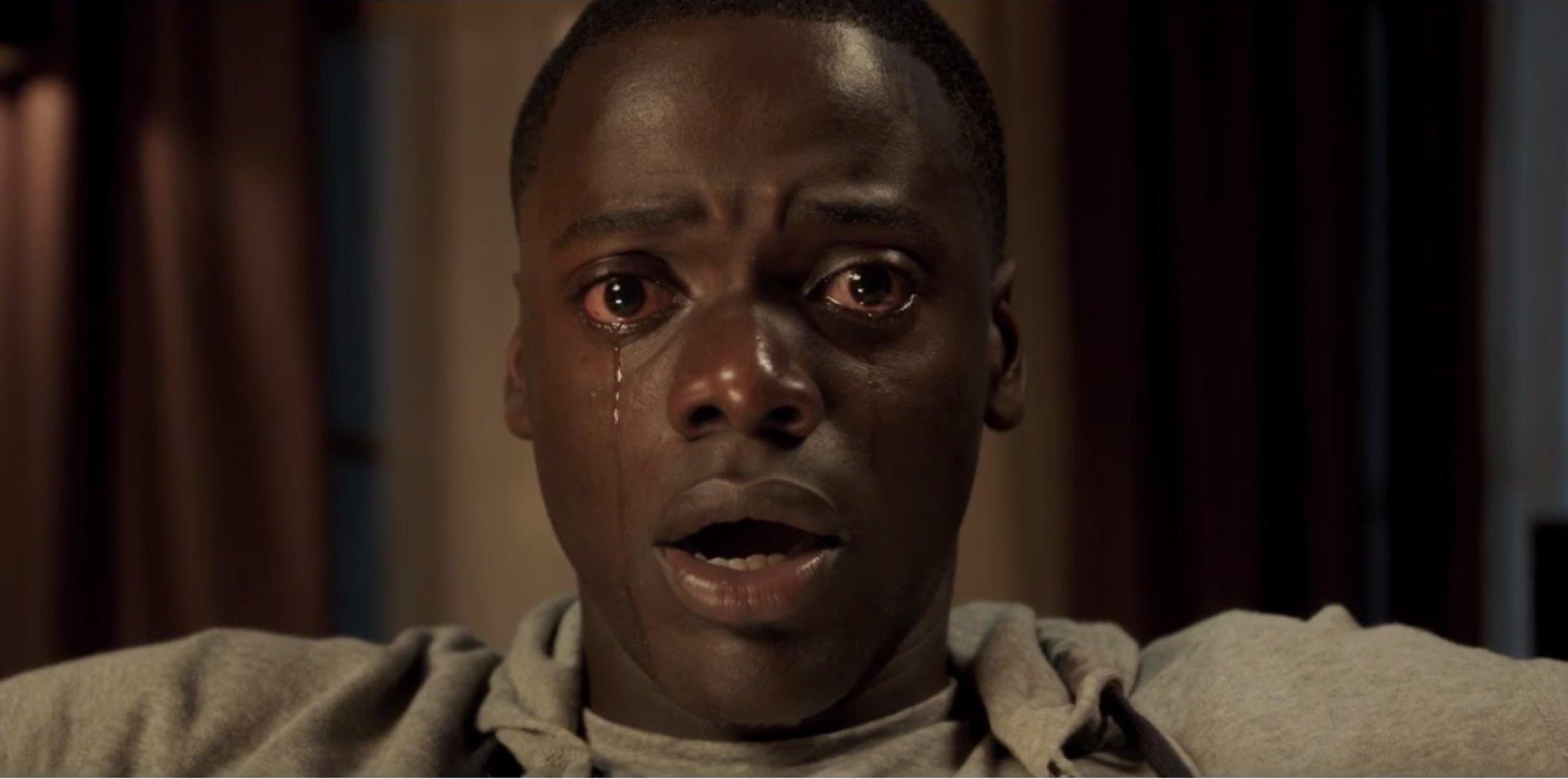Many hair raising thoughts about being black in America and almost fearing what could happen to the black population rushed through my mind after seeing Jordan Peele’s newly released thriller, “Get Out.” Walking out of the movie theatre as a white person helped me understand the fears of black men. Even though I didn’t and won’t ever know what it’s like to live in that reality, it was a surreal experience to see this film.
Although I’m an intersectional feminist, which is feminism that focuses on equality for people of all racial identities and backgrounds, I fully realize that I will never endure the struggles minorities face daily. This frightening movie addresses many social institutions that have made people of color, especially black men, fear America more than ever.
“Get Out” is a horror movie with a message, a commentary on social issues that you wouldn’t normally see addressed in a standard thriller. Peele, director of “Get Out,” hopes to continue to address modern issues in more mainstream projects.
In an interview conducted by “Forbes,” Peele said, “We go to the theater to be entertained, but if what is left after you watch the movie is a sort of eye-opening perspective on some social issues, then it can be a really powerful piece of art.”
Chris, the main character, travels upstate with his girlfriend, Rose, to meet her family. As a black man, Chris fears the idea of meeting his white girlfriend’s parents because of their perceived superiority in being white and privileged. When he first arrives, Chris sees a black man tending to the family’s enormous property and a black woman serving food and drinks to the parents.
Everything seems to be off, and the longer he stays at the family’s estate, the more strange things become. In the end, Chris finds himself in a tourtuous situation he will have nightmares about forever. Chris ends up in a tortuous situations that will cause him nightmares for the rest of his life.

Even after seeing the movie and feeling as if you’re in the main character’s shoes, the portion of White America who will go to see “Get Out” will never understand the way Chris, played by Daniel Kaluuya, felt during a trip that was supposed to be a good time. Instead it was his worst nightmare. White people won’t experience the terrifying situations, such as police brutality, where being black in America makes individuals bigger targets for racial profiling.
Loy Norrix junior TJ Powell admits the film frightened him, but he had to know that at the end of the day the extremes of this movie wouldn’t ever happen in his life.
“I felt like this was probably based off a true story,” Powell laughs. “But either way it goes, I still love white girls.”
Director Peele’s goal for viewers is not only to notice the social injustice but to also do something about it. Some argue that the movie is “anti-white” and portrays the white characters poorly. Many half-star reviews were published to sites, including Rotten Tomatoes, explaining ideas such as “not all whites are bad,” which only indicates a viewer who has completely missed the point.
In the “Forbes” interview with Peele, he continued to explain, “It [this movie] is designed to lift the facade of post-racial America and showcase the ugliness that lies beneath.”
I wouldn’t hope for anyone to end up like Chris, but I do hope that people will come out of the movie theatre and do something about racial issues. Peele has brought light to personal racial issues that many will continuously face. Peele plans to keep creating more films.
“I have four other social thrillers that I want to unveil in the next decade,” Peele continued during his “Forbes” interview, “The scariest monster in the world is human beings and what we are capable of, especially when we get together. These innately human monsters have been woven into the fabric of how we think and how we interact.”







